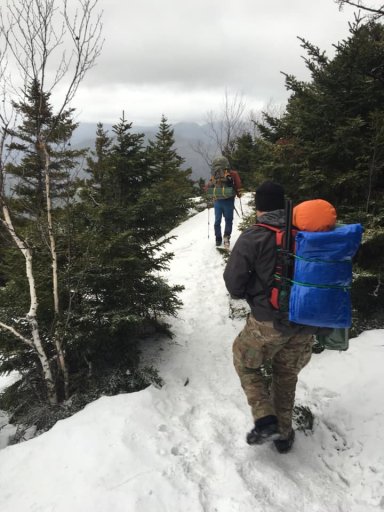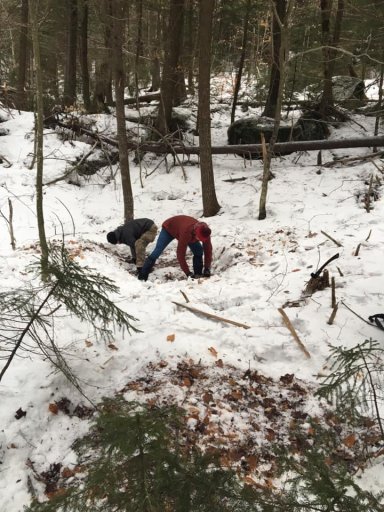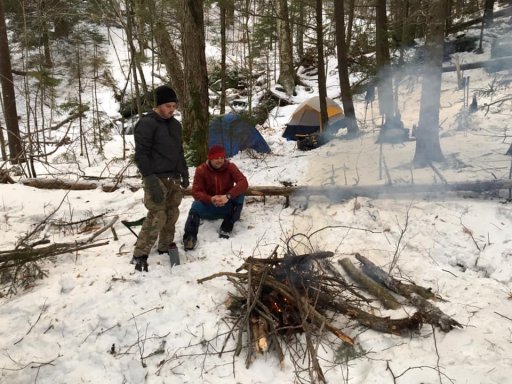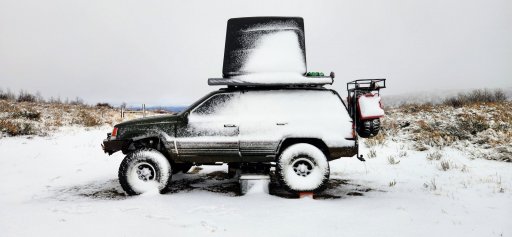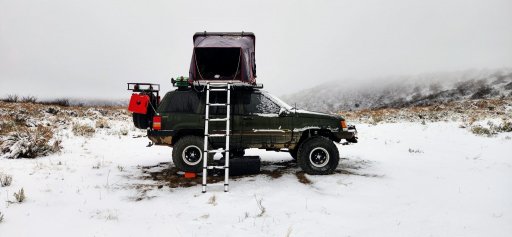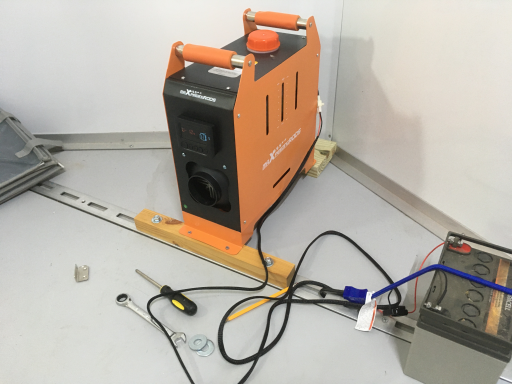Backpacking and car camping, I don't care if the air is cold so long as I'm not. Quality down bag rated below your expected temps, warm long underwear, balaclava (so your hat doesn't fall off), and if car camping then a wool blanket atop it all - I'm comfortable below freezing. If we're talking 0 deg F, not so sure, except I'm not planning on camping in those temps, by virtue of chosen location and time of year. Diesel heater setups require the heater, hoses, electric power source, fuel and, critically, the fuss factor of setup, teardown while at camp. If I can accomplish the same outcome - warmth and comfort while sleeping - through insulation alone, that is the easiest, least expensive and least fussy way to go about it. I am the wrong customer for diesel heaters.





